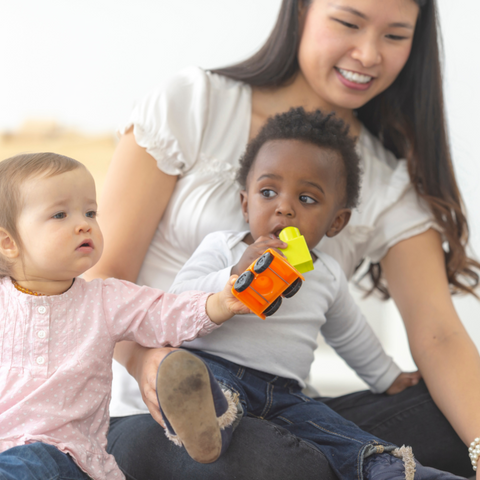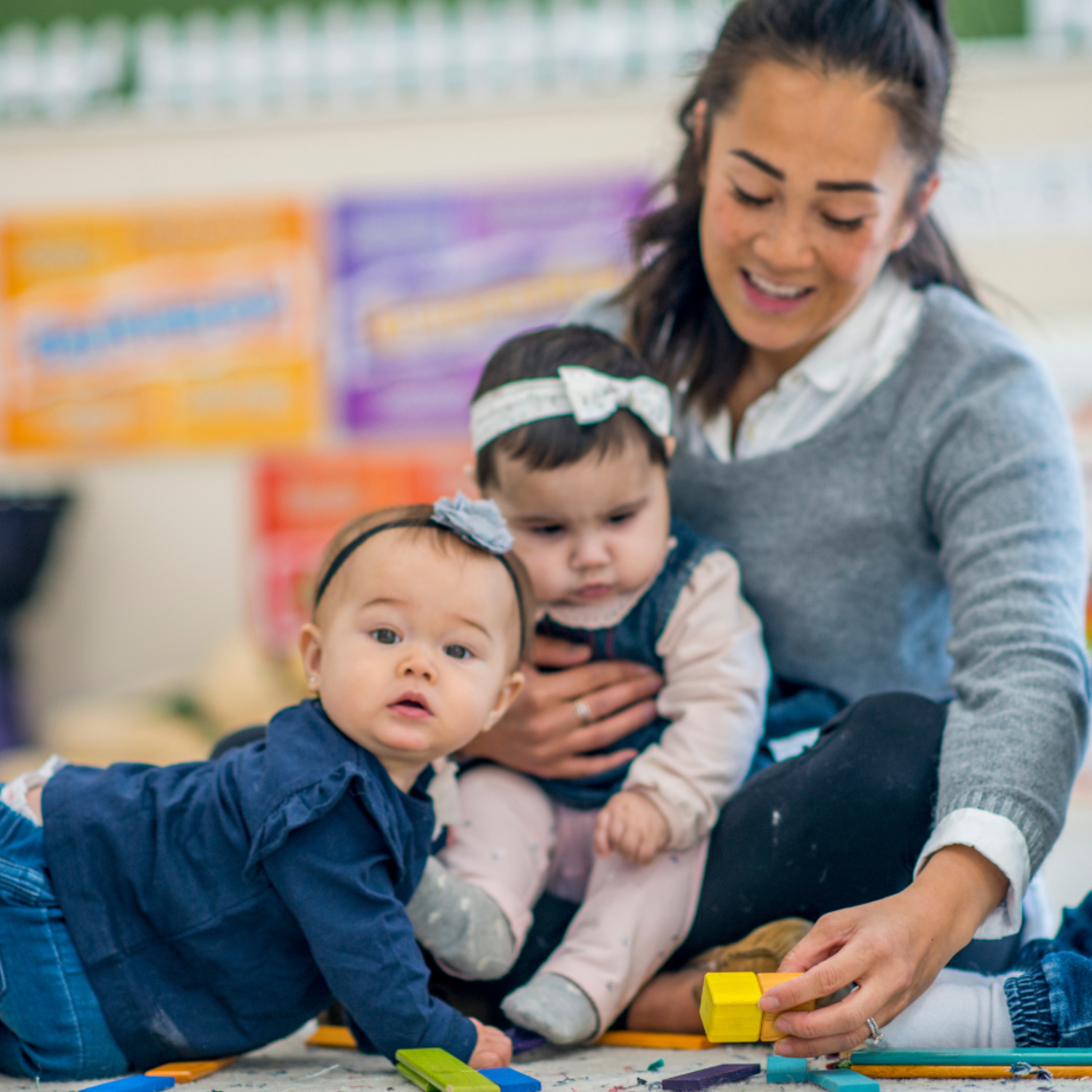The beginning of the school year is often synonymous with our babies’ entry into daycare. If this year is your baby’s first daycare experience, it’s perfectly normal to have some concerns! Here are some tips from Chimpäroo for an easier transition.

1. Choosing the right daycare
As parents, we all know that getting a space in a CPE (early childhood center) can be difficult. Oftentimes, you’ll have to rely on a private daycare, but how can you tell if it’s the right environment for your child? Trust your instinct. You shouldn’t jump on a space in a CPE just because it’s available. Take the time to visit the daycare, ask questions and speak to the management and educators. After all, you’ll be asking them to look after the most precious person in the world for you!
2. Is your baby ready?
A baby is ready when his parents are also ready. Stay zen! If you’re anxious, your baby will sense it. Have confidence and all will be well. The educators will be able to reassure you, and if you feel good, your child will have a great time at the daycare and will want to go again.
It’s perfectly normal to be worried. Each daycare has its own way of doing things, but in most cases, they will give you some time to adapt. Some parents and children have a harder time staying apart than others. Simply give yourself enough time. Keep in mind that a child who’s crying doesn’t mean he’ll have an awful day. Don’t hesitate to tell the educators to call you if needed.

3. What should I bring?
Small helpful things to bring for educators are your baby’s diapers, if they take them (see with your daycare how they handle this). You should also prepare a change of clothes (diaper cover, a complete outfit and socks), feeding bottle and powdered milk if necessary.
To properly tend to his needs, the educators will probably ask you a lot of questions about your child’s habits: Should his milk be cold or warm? Should it be powdered milk or cow’s milk? Some habits might not be possible to maintain at the daycare, but some will.

4. And then?
Try to make the first week at the daycare a shorter week with a shorter schedule. During adaptation, staying 6 or 7 hours at the daycare at a time might prove difficult.
If your schedule allows it, the only thing that your daycare will ask from you is to respect the established routine. A child shouldn’t be brought in after 11h, which is their mealtime, and it shouldn’t be leaving daycare during naptime either, unless it’s for a medical appointment. Why? Simply because the rest of the group’s children shouldn’t be disturbed. All these details should be discussed with the educators and director.
No matter the time of year, be attentive to your child, and keep in mind that 10 hours spent in daycare correspond to 15 hours of work for us parents.
Just like the grownups, a child needs to take a break to recuperate and develop himself.
That’s it! We’re hoping the first few days of daycare will be great for you and your child. Remember to stay zen and all will be well!
En photo: A father leaving the daycare with the Multi 2.0 baby carrier
******
You’ll find interesting resources on our FAQ page to sharpen up your babywearing skills. If you have questions or want to submit a topic, contact us here.


Share:
5 Gift Ideas for a Baby Shower
Which Should You Choose, The Baby Carrier or Baby Wrap?